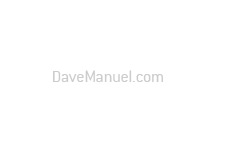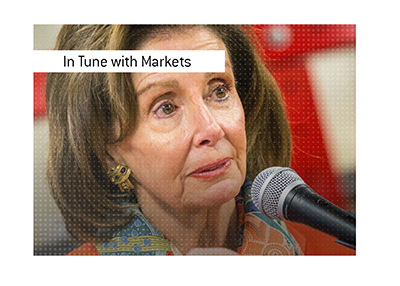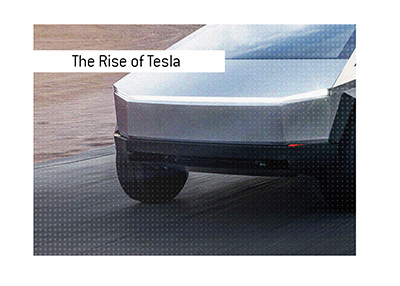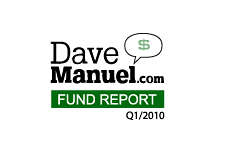What is a "Dutch Auction" IPO?
 If you are involved in the stock market (and most importantly, initial public offerings), then you may have come across the term "Dutch Auction".
If you are involved in the stock market (and most importantly, initial public offerings), then you may have come across the term "Dutch Auction".The "Dutch Auction" method of pricing an initial public offering has been used by various companies, the most famous of which is Google. Google, which likes to do things its own way, decided to break from tradition and price their initial public offering via a "Dutch Auction", eschewing the typical way that companies price their offerings.
How does the "Dutch Auction" method of pricing an initial public offering actually work?
First off, there will be companies that are underwriting the offering. Let's say that there are two companies underwriting the public offering, and they are Morgan Stanley and Merrill Lynch.
You first need an account at either of these two brokers to qualify for the "auction".
Then, once your broker has sent you out a prospectus for the company which is slated to become public, you will be granted a unique "Bidder ID".
When the auction starts, you submit the total number of shares that you wish to purchase and the highest price that you would be willing to pay. These two figures, along with your unique "Bidder ID", are submitted.
Let's say that there are 100 million shares available to be bought. Once the underwriters have received all of the bids, they will start at the highest bids and work their way down the list until 100 million shares worth of purchases are accounted for.
For instance, let's say that Joe Smith wanted to buy 100k shares at a maximum price of $100. This was the highest bid received by both underwriters. Just below that, Bob Jackson placed a bid to buy 200k shares at $99.50. The underwriters will continue to work their way down the list, until they have 100,000,000 shares worth of bids accounted for.
Let's say that the lowest bid that falls within this range is hedge fund XYZ putting in a bid to buy 1 million shares at $77.50. What happens to the much higher bids of Bob Jackson and Joe Smith?
Everyone pays the same price for the IPO. Just because Smith and Jackson bid higher than XYZ, doesn't mean that they will pay more. Bob Jackson and Joe Smith will pay $77.50 for their shares, just like firm XYZ. This is the whole premise of the "Dutch Auction" - starting with the highest bids and moving down the list until you have filled all of your orders.
This way of pricing an IPO is thought by many to be a much more efficient way of handling the process. In a traditional IPO, the lead managers of the offering will typically set the price, based on the amount of interest that they are seeing for the offering. If there is tremendous interest from their clients to purchase the IPO, then they will set the IPO higher - if there is lower interest, then they will lower the pricing.
In a traditional IPO, the underwriters have a block of shares that they can allot to whomever they like. If there is a particularly hot IPO coming up, then underwriters will allow their "more important", high-worth, high commission generating clients to purchase shares of the offering. There are no rules against this.
The "Dutch Auction" method of pricing an IPO isn't used very often - most companies tend to go the more traditional route.
Filed under: Stock Market Education | General Knowledge



